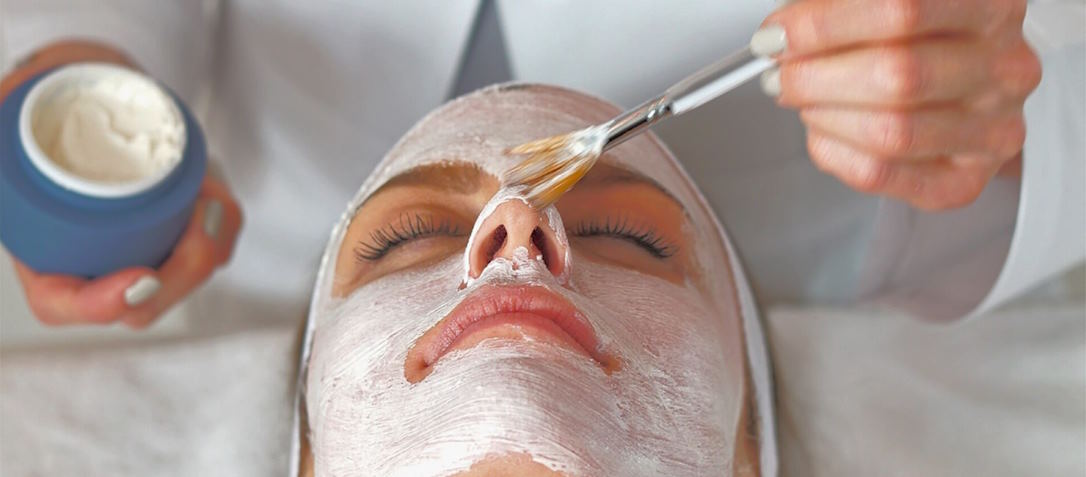- 10/05/2023
- Category: Pro Skin Care

Why Consult a Dermatologist?
Persistent Skin Issues
If you’re dealing with a skin problem that doesn’t improve with over-the-counter treatments or persists for an extended period, it’s time to see a dermatologist. Conditions like acne, eczema, psoriasis, or rosacea often require specialized care.
Skin Cancer Screening
Regular skin cancer screenings are essential, especially if you have a family history of skin cancer or notice suspicious moles or growths on your skin. Dermatologists can perform thorough examinations and, if necessary, conduct biopsies.
Chronic Acne or Scarring
Severe or chronic acne can leave lasting scars. Dermatologists can provide effective treatments to manage acne and minimize scarring.
Unexplained Changes
If you notice sudden and unexplained changes in your skin, such as new rashes, unusual pigmentation, or texture changes, it’s essential to consult a dermatologist. Skin changes can sometimes be indicative of underlying health issues.
Hair and Nail Problems
Dermatologists don’t just focus on skin; they also specialize in hair and nail health. If you’re experiencing hair loss, brittle nails, or scalp issues, a dermatologist can diagnose and treat these concerns.
Cosmetic Procedures
For those considering cosmetic procedures like Botox, fillers, or laser treatments, consulting a dermatologist ensures a safe and tailored approach to achieve desired results.
 When to Schedule an Appointment
When to Schedule an Appointment
Persistent Symptoms
If your skin condition doesn’t improve or worsens after several weeks of over-the-counter treatments, it’s time for a dermatologist consultation.
Skin Abnormalities
If you notice unusual moles, growths, or changes in the appearance of existing moles, make an appointment promptly. Early detection of skin cancer is crucial for successful treatment.
Chronic Skin Conditions
For chronic skin conditions like eczema, psoriasis, or acne, it’s best to consult a dermatologist to develop a customized treatment plan.
Skin Allergies
If you suspect you have allergies to skincare products or experience unexplained skin reactions, a dermatologist can perform patch testing to identify allergens.
Skin Care Routine Guidance
Dermatologists can help you establish a skincare routine tailored to your skin type and concerns, ensuring you’re using the right products.
Preventive Care
Don’t wait for severe problems to arise. Consider regular dermatologist check-ups for preventive care and to address minor concerns before they escalate.

